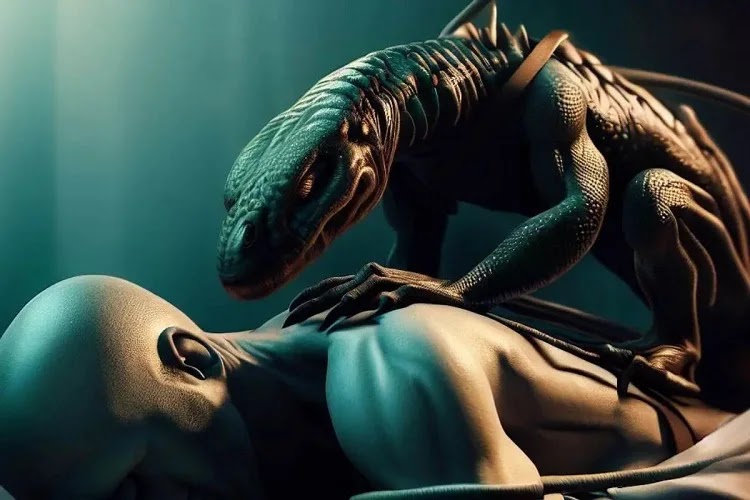The Science Behind Sleep Paralysis
Have you ever experienced the sensation of being awake but unable to move or speak? Have you woken up in the middle of the night and seen supernatural beings in your room? If so, you may have experienced sleep paralysis, a phenomenon that has puzzled both science and popular beliefs for decades.
Understanding Sleep Paralysis and Its Symptoms
Sleep paralysis is a sleep disorder in which the body is temporarily paralyzed upon waking up or falling asleep. It is often accompanied by vivid and terrifying hallucinations, and can cause a sense of panic, fear, and horror in the person experiencing it.
Exploring Popular Beliefs about Sleep Paralysis
Although sleep paralysis is a common phenomenon, many people attribute it to nocturnal visits from supernatural beings. In some cultures, it is believed that these visits are caused by demons or evil spirits trying to possess the person while they sleep. In others, it is believed that they are extraterrestrial beings or from other dimensions trying to communicate with us.
However, science has a more mundane explanation for sleep paralysis. According to experts, sleep paralysis occurs when the brain and body are not synchronized during REM (rapid eye movement) sleep. During this phase of sleep, the body is paralyzed to prevent the person from acting out their dreams and harming themselves or others. But in some cases, the person wakes up before the paralysis has completely disappeared, resulting in a sensation of being trapped in their own body.
The hallucinations that accompany sleep paralysis also have a scientific explanation. When the brain is in a state of REM sleep, it is more susceptible to visual and auditory hallucinations. Sleep paralysis hallucinations are often vivid and realistic, which can make the person experiencing them believe they are real.
So why do many people still believe that nocturnal visits are caused by supernatural beings? The answer is complex and multifaceted. On one hand, popular beliefs about demons, ghosts, and aliens have been a part of human culture for centuries, and it's natural for people to turn to these explanations when faced with phenomena they can't fully understand.
On the other hand, there is a growing amount of anecdotal evidence suggesting that there is more to sleep paralysis than what science can explain. Many people report having supernatural and strange experiences that go beyond the simple hallucinations of sleep paralysis. These accounts have led some to question whether sleep paralysis is only an insufficient explanation for something more mysterious and paranormal.
The Importance of Recognizing Sleep Paralysis as a Real Disorder
Regardless of whether sleep paralysis is caused by supernatural beings or not, it's important to keep in mind that it's a real disorder that can have a significant impact on the lives of those who experience it. Hallucinations and the feeling of being trapped in one's own body can be extremely terrifying and can affect the quality of sleep and emotional well-being of the person.
The Future of Sleep Paralysis Research
It's important to note that while science has an explanation for sleep paralysis, there is still much that is unknown about sleep and the human brain. It's possible that in the future, new causes or explanations for this mysterious phenomenon may be discovered.
In summary, sleep paralysis is a sleep disorder characterized by a feeling of being trapped in one's own body and vivid hallucinations. While science has an explanation for this phenomenon, popular beliefs about supernatural beings persist. It's important to remember that sleep paralysis is a real disorder and to seek medical help if it is experienced regularly and affects quality of life.
"In the darkness of the night, our imaginations can conjure up all sorts of visitors, both real and imagined."



0 Comments